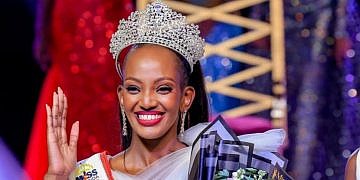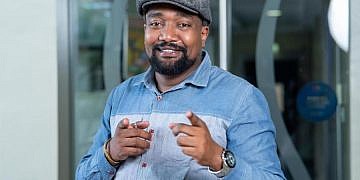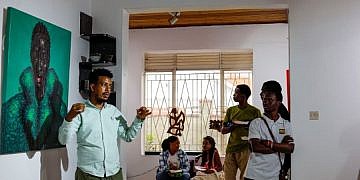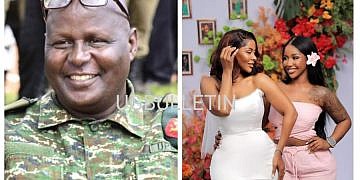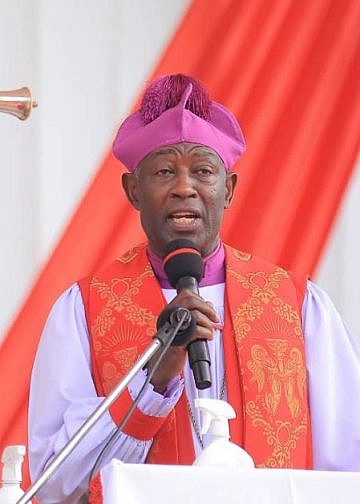President Museveni has officially been nominated as a presidential candidate for Uganda’s 2026 general elections. The nomination ceremony was held at the Electoral Commission (EC) offices in Lubowa, Wakiso District, where EC Chairperson Justice Simon Byabakama confirmed that Museveni had fulfilled all the legal requirements to contest in the upcoming polls.
Running under the National Resistance Movement (NRM) banner, Museveni’s campaign will operate under the theme “Protecting the Gains, Making a Qualitative Leap into High Middle-Income Status.”
Accompanied by the First Lady Janet Kataaha Museveni, who also serves as Minister of Education and Sports, and members of the NRM Central Executive Committee, the President arrived at the nomination venue in a show of unity and support from senior party leaders.
Following his nomination, Museveni addressed the media and expressed gratitude to NRM members for continuing to entrust him with the party’s leadership.
“I want to thank the NRM members for electing me as the flag bearer for the 2026–2031 period,” he said.
Using Lubowa as a symbol of Uganda’s transformation, Museveni highlighted the area’s growth since 1986. He challenged the NRM media team to compare satellite images from 1986 with the present, noting the dramatic shift from what was once coffee farmland to a thriving urban landscape.
“You Gen Z people should see the satellite picture of Lubowa in 1986 and compare it with now. You won’t need to speak many words after that,” he said.
Museveni laid out his campaign’s focus areas, emphasizing economic consolidation and inclusive development. He noted that Uganda’s GDP has nearly doubled from $34 billion to $66 billion under his leadership and cited improvements in infrastructure, education, energy, and peace as key enablers of progress.
“We are now attracting many investors because Uganda offers both peace and profitability,” he said.
He stressed the importance of ensuring that Uganda’s economic growth benefits citizens at all levels, particularly those in rural areas.
“Everyone must be involved in the money economy with proper planning. Free education in government schools for children from poor families must continue. Infrastructure, especially roads—both tarmac and murram—should be prioritized. In health, while progress has been made, the curative side still needs attention. Access to clean water must reach every village,” he explained.
The President also addressed crime and corruption, calling on NRM structures to be proactive in exposing criminal behavior and promoting accountability.
Highlighting four key sectors as central to Uganda’s long-term development, Museveni pointed to commercial agriculture, manufacturing and artisanship, services, and ICT as essential for wealth creation and employment.
On the contentious issue of land rights, the President reaffirmed his commitment to protecting tenants under the law.
“No one is allowed to evict a kibanja owner. If someone tells you to leave land you’ve been using, that’s illegal and an abuse of your ignorance,” he stated.
He also advocated for a preventive approach to healthcare, emphasizing immunization, clean water, and healthy lifestyles as ways to avoid up to 80 percent of illnesses, which would in turn reduce the burden on curative services.
Museveni reiterated that his bid for re-election is not merely about continuity, but about completing Uganda’s transformation into a modern, inclusive, and prosperous nation.
“Our main work is not just work for the sake of it—it is socio-economic transformation,” he said.










